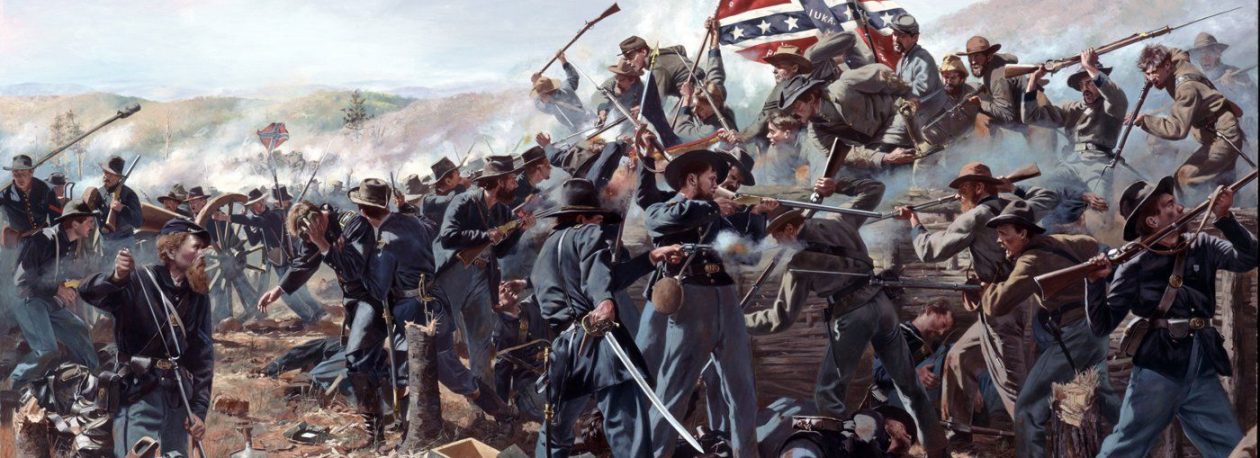
This letter was written by Pvt. Egbert Smith Woodworth (1841-1904) of Co. I, 171st Ohio Infantry. This regiment was organized on 7 May 1864 as a Ohio National Guard unit, under Colonel Joel F. Asper, for one hundred days service. It proceeded to Johnson’s Island, where it engaged in guard and fatigue duty. In June it moved to Kentucky, where it was surrounded and outnumbered by Morgan’s command. After a desperate engagement at Kellar’s Bridge near Cynthiana, the regiment was obliged to surrender, with a loss of thirteen killed and fifty-four wounded. They were soon after paroled and returned to Johnson’s Island. The Regiment was mustered out August 20, 1864.
From this letter we learn that Pvt. Woodworth was one of the 100 casualties in the 171st Ohio at the Battle of Kellar’s Bridge. He wrote the letter from the Seminary Hospital in Covington, Kentucky. Woodworth gives his parents an excellent description of the application of a starched cast—first used in the 1840s—in the treatment of his leg fracture caused presumably by a bullet wound. Earlier in the war, such wounds might have resulted in an amputated limb instead. A starch cast not only proved effective in immobilizing the fracture, it tended to be a pretty good antiseptic.
E. Smith Woodworth was the son of Thomas Jefferson Woodworth (1807-1884) and Sally Ann Wager (1812-1899) of Windham Portage county, Ohio.
TRANSCRIPTION
Covington [Kentucky]
September 7th 1864
Dear Father and Mother,
Your letter and the discharge came all right this morning. It was not necessary for me to have that discharge. You seem to have formed the opinion or belief rather that I shall be home in five or six weeks, and ask when I want Father to come for me. I wish I could tell but really can not. I make no calculation how long I have to remain here. It will be time for that when I am able to be off my bed. Until then, I shall content myself on it.
Yesterday my leg was taken out of the splint in which it has lain heretofore and is now in what is called starch bandage. This is made by taking a bandage when wet with starch and winding the limb from foot to knee until there are many thicknesses of it. When it is dry, it is several times wet with starch until it finally is stiff like a board. A hole of course is made for the wound.
I can now turn the leg over but I have lain so long on my back that I cannot lie on my side but for a very short time.
Minor Spencer ¹ wrote me that there had been frost in Windham. There has been a slight one here, I presume at the same time. Butter is worth fifty cents per pound here. Cheese twenty-five.
I had yesterday another lot of books brought me to read. If reports are true, John [Hunt] Morgan had made his last raid. I suppose he is really dead.
The fall of Atlanta will give Lincoln fifty thousand votes. Richmond would elect him, sure. — E. Smith Woodworth
¹ Minor Gordon Spencer (1842-1918) was the son of David Douthard Spencer (1805-1890) and Abigail Frary (1804-1890) of Portage county, Ohio.


